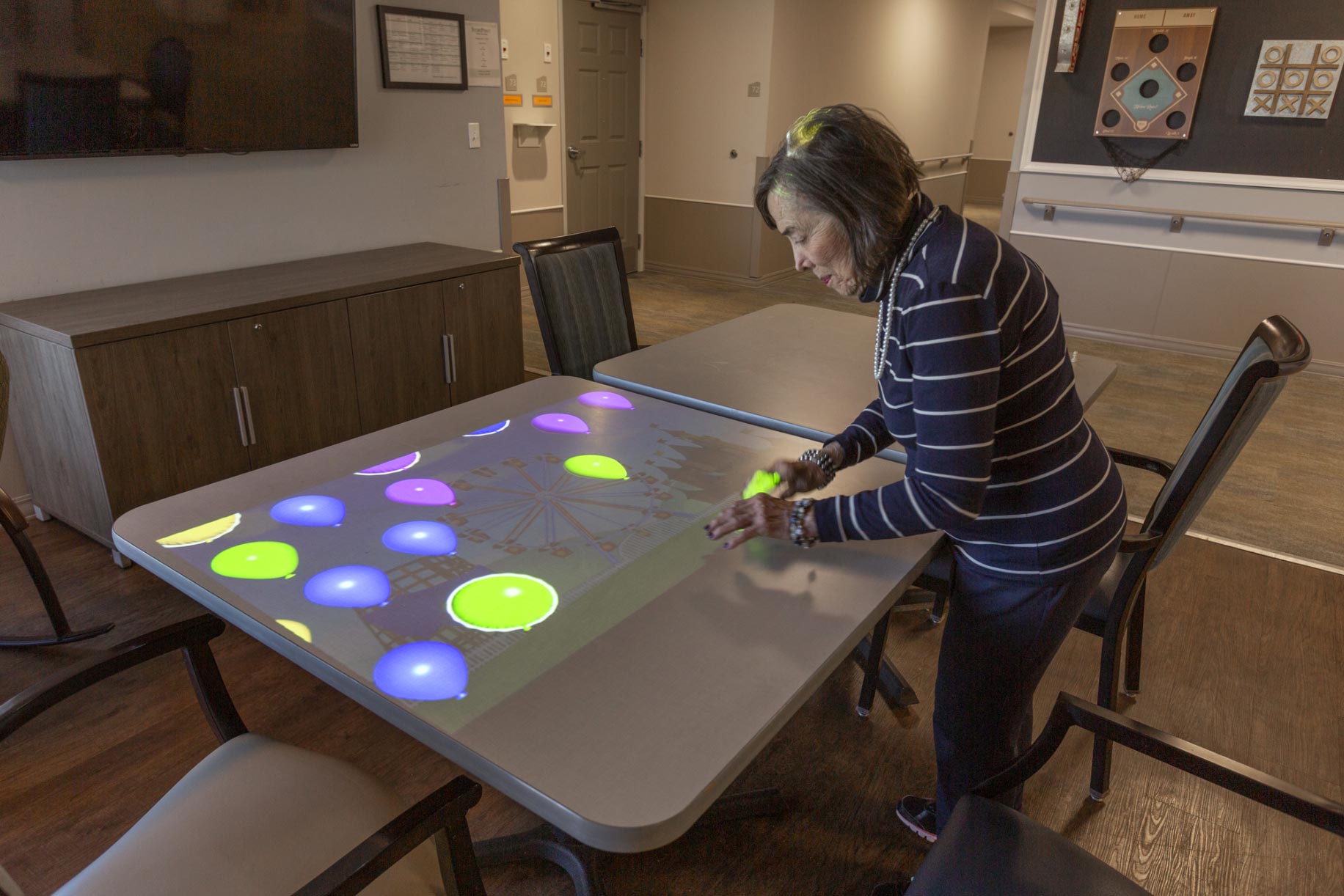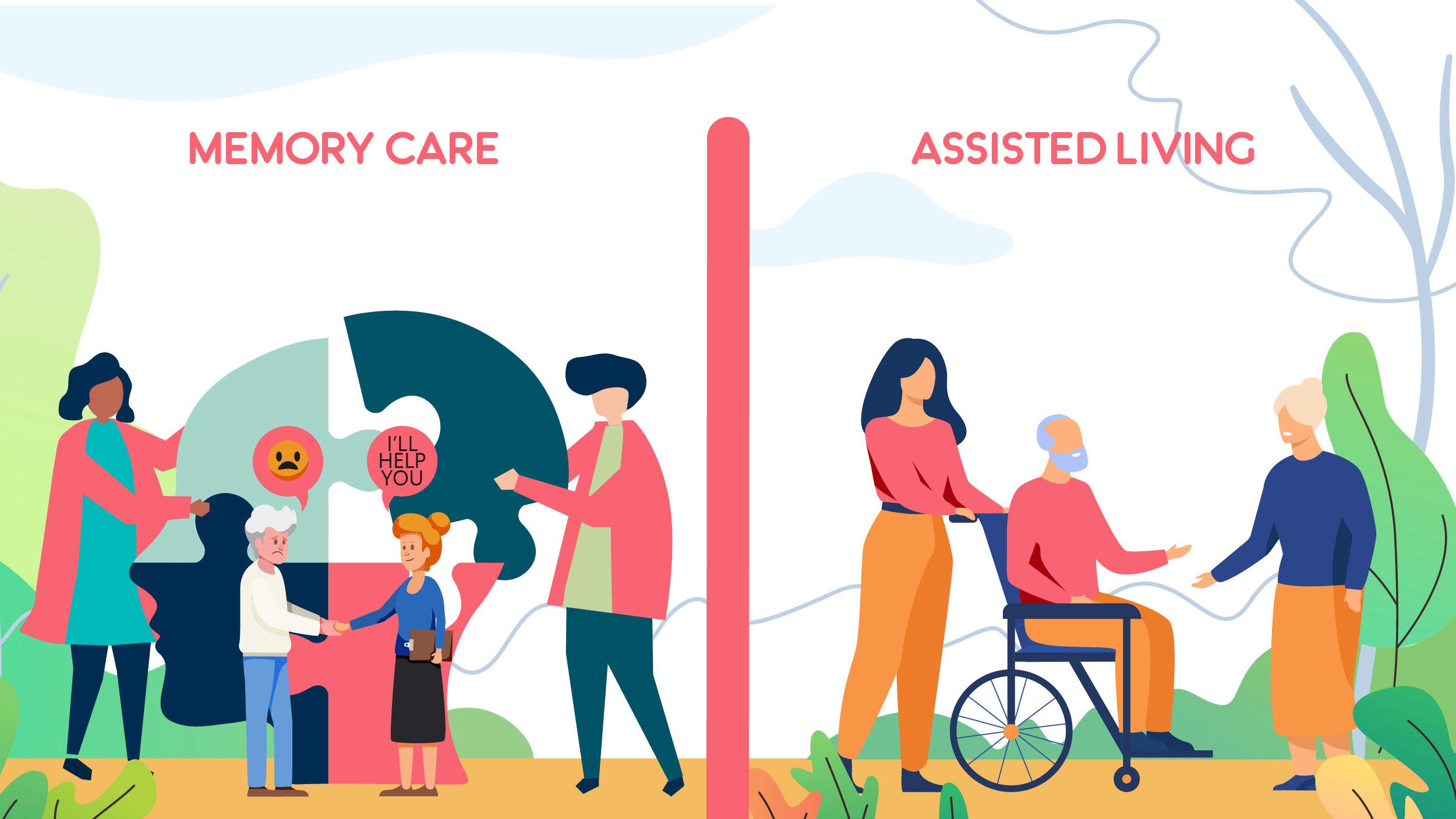Compassionate Teams Providing Trusted Alzheimers Care Charlotte Options
Creating a Safe and Encouraging Setting for Alzheimer's Treatment
The creation of a encouraging and risk-free setting for people with Alzheimer's is paramount in boosting their high quality of life. Discovering these complex strategies can expose crucial understandings right into efficient caregiving methods that may transform the daily experiences of both caretakers and individuals.
Recognizing Alzheimer's Requirements
Often, people with Alzheimer's condition exhibit a variety of requirements that call for tailored approaches to care. As the problem proceeds, cognitive decline shows up in various methods, influencing memory, reasoning, and also the ability to carry out daily tasks. Caretakers must acknowledge these developing requirements to provide proper support and make sure a higher high quality of life for those affected.
One essential facet of comprehending Alzheimer's requirements is acknowledging the importance of routine and experience. People typically locate convenience in well established patterns, which can lower anxiety and confusion. Caretakers should make every effort to develop structured everyday routines that include purposeful tasks straightened with the person's rate of interests and abilities.
Additionally, reliable interaction is paramount. People with Alzheimer's might struggle to reveal themselves or comprehend intricate language. Caregivers ought to utilize simple, clear language, use non-verbal hints, and technique active listening to promote understanding and connection.
Caretakers ought to motivate interaction in neighborhood tasks or family members gatherings, advertising a feeling of belonging and purpose. Understanding these diverse demands is important for producing an encouraging treatment setting.
Creating a Safe Home
Producing a risk-free home for people with Alzheimer's condition is important to advertising and minimizing risks independence. Ensure that pathways are well-lit and clear, as correct illumination lowers disorientation and enhances wheelchair.
Including flexible features is also vital. Set up grab bars in shower rooms and near staircases, and take into consideration making use of non-slip mats in damp locations. In addition, utilizing contrasting shades for floors and walls can assist in differentiating areas, helping to minimize confusion.
Knowledge is essential for people with Alzheimer's. Personalizing the atmosphere with acquainted objects and photographs can strengthen a sense of belonging and safety and security - Alzheimers Care Charlotte. It is also helpful to have actually a designated area for day-to-day tasks, such as analysis or crafting, which can give framework to their day
Finally, carrying out a secure outside area enables safe exploration while getting in touch with nature. By thoughtfully creating the home atmosphere, caretakers can substantially enhance the lifestyle for people living with Alzheimer's disease.
Enhancing Interaction Skills

Non-verbal communication, including face expressions, gestures, and touch, plays an important role in communicating empathy and understanding. Preserving eye get in touch with and a tranquil disposition can enhance the convenience level of the person, promoting a feeling of security.
Furthermore, it is necessary to exercise active listening. This entails being totally present, showing persistence, and allowing the person to share themselves without disturbance. Rep may be required; caretakers must be prepared to take another look at concerns or topics, as individuals with Alzheimer's might have a hard time with memory recall.
Furthermore, utilizing aesthetic help or cues, such as photographs or acquainted objects, can help with acknowledgment and interaction. Inevitably, boosting communication skills is about building depend on and producing a setting where individuals really feel heard, valued, and comprehended, thus enriching their top quality of life.
Encouraging Social Interaction
Cultivating purposeful social interactions can considerably improve the wellness of people with Alzheimer's condition. Involving with others not just assists battle feelings of seclusion yet also promotes cognitive feature and psychological health. Structured social activities, such as group crafts, arts and games, or music therapy, create opportunities for homeowners to get in touch with peers and caregivers, which can cause improved state of mind and minimized anxiety.
Developing a welcoming environment that urges socialization is vital. This can be achieved by organizing public spaces that help with interaction, such as comfy seating areas or task spaces. In addition, integrating culturally pertinent and acquainted tasks can encourage and spark memories involvement, permitting individuals with Alzheimer's to really feel even more connected to their past experiences.
Furthermore, caretakers ought to be trained to identify and advertise social engagement amongst locals. By focusing on social communication, we can significantly enrich the lives Go Here of those living with Alzheimer's, fostering a sense of community and belonging.
Supporting Caregiver Well-being

To support caretakers, organizations ought to use routine training and educational resources to improve their understanding of Alzheimer's condition and caregiving techniques. Providing accessibility to respite care services enables caregivers to take necessary breaks, lowering stress and anxiety and exhaustion - Alzheimers Care Charlotte. In addition, cultivating a community with support groups can help with emotional sharing and the exchange of useful recommendations amongst caretakers, developing a network of shared assistance
Psychological wellness sources, such as therapy solutions, can additionally be crucial in addressing the emotional toll caregiving can take. By prioritizing caregiver well-being, we develop an even more lasting caregiving atmosphere that not only benefits the caretakers themselves however also boosts the general quality of care obtained by people with Alzheimer's. Inevitably, supporting caregivers is an essential component in fostering a reliable and thoughtful care setup.
Final Thought
Finally, the creation of a risk-free and supportive setting for individuals with Alzheimer's is important to improving their high quality of life. By prioritizing security with thoughtful style, cultivating psychological well-being with familiar elements, and promoting interaction with structured routines, caregivers can dramatically impact the total experience of those impacted by this problem. Furthermore, sustaining caretaker health is vital, as it inevitably contributes to a more compassionate and effective care environment.
Repeating might be essential; caregivers should be prepared to review subjects or questions, as people with Alzheimer's might battle with memory recall.
